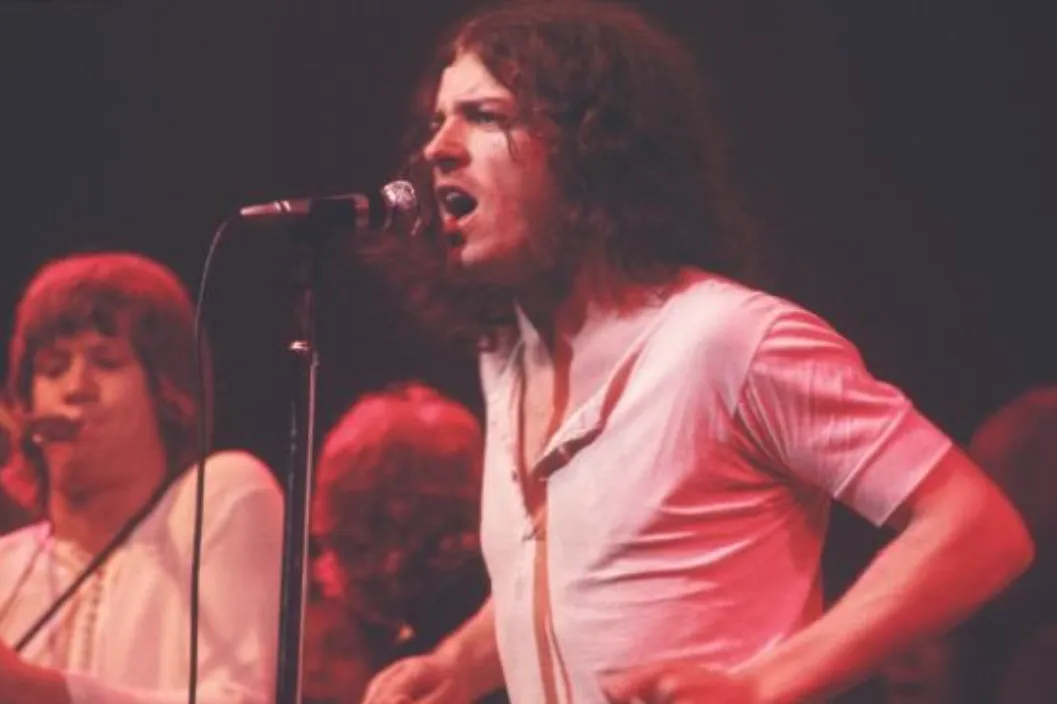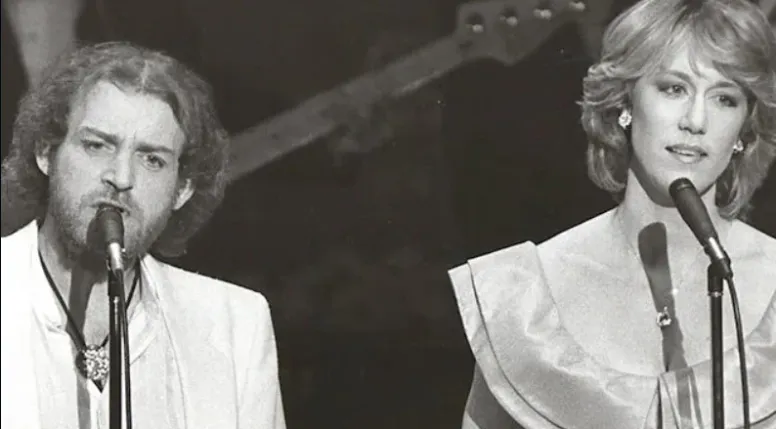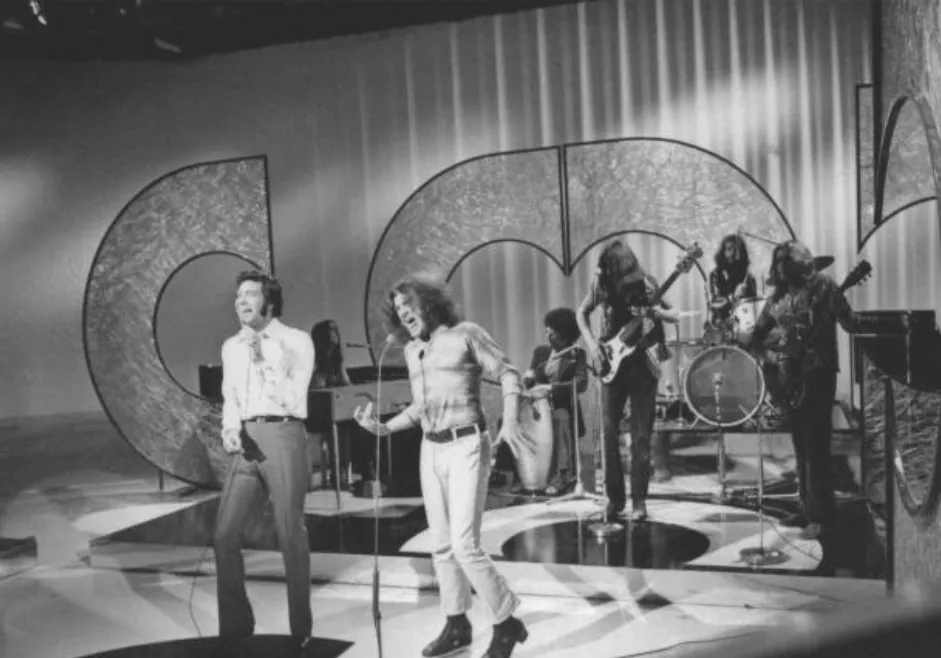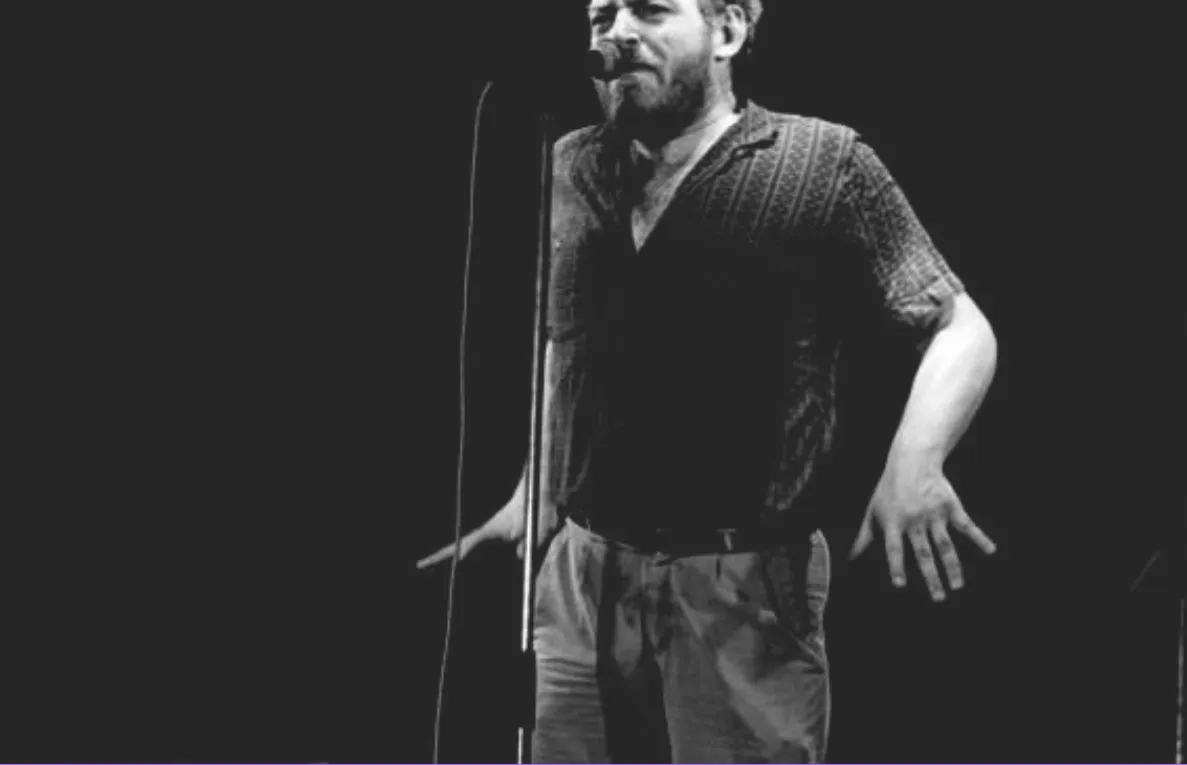Among the myriad songs that define Joe Cocker’s illustrious career, "You Can Leave Your Hat On" stands as a scorching, soulful performance that captures the raw essence of seduction and liberation.
This track, brimming with a provocative swagger, has left an indelible mark on popular culture, cementing its place in music and film history. But what is the story behind Joe Cocker’s "Leave Your Hat On"?
Let’s delve into the origins, the journey, and the cultural impact of this unforgettable song.
Origins of the Song

"You Can Leave Your Hat On," originally written by Randy Newman, first appeared on his 1972 album Sail Away. Newman, known for his satirical and often whimsical approach to songwriting, infused the track with a seductive and slightly tongue-in-cheek tone.
The original version was understated, relying on Newman’s distinctive piano work and laconic vocal delivery to convey its playful, risqué message.
Despite its initial release, the song remained relatively under the radar until Joe Cocker resurrected it over a decade later.
The transformation of "You Can Leave Your Hat On" into a sultry anthem of raw sensuality was yet another example of Cocker’s unparalleled ability to reinvent and elevate existing tracks through his unique interpretative lens.
The Intersection of Sound and Cinema
The turning point for "You Can Leave Your Hat On" came in 1986 when Joe Cocker’s rendition was featured in the film 9½ Weeks, directed by Adrian Lyne.
The movie, starring Mickey Rourke and Kim Basinger, became infamous for its erotic themes and intense on-screen chemistry.
The inclusion of "Leave Your Hat On" during one of the movie’s most iconic scenes—a sensual striptease performed by Basinger—catapulted the song into popular consciousness.
For the film, Lyne sought a song that encapsulated the raw, unrestrained passion between the characters.
Joe Cocker’s version, with its hard-hitting instrumentation and smoldering vocal delivery, provided the perfect backdrop to the scene’s provocative energy.
From this point on, "Leave Your Hat On" became synonymous with seduction, imbuing the track with a timeless allure.
Recording the Masterpiece

Joe Cocker’s reinterpretation of "You Can Leave Your Hat On" was recorded for his 1986 album Cocker.
Collaborating with renowned producers Ron Nevison and Richie Zito, Cocker sought to infuse the track with a robust, bluesy power that would resonate with contemporary audiences.
The recording sessions brought together an ensemble of top-tier musicians, including guitarist Melvin Ragin (known as “Wah Wah Watson”), bassist Richie Zito, and keyboardist Greg Phillinganes.
Their combined talents laid down a potent, simmering groove that provided the perfect foundation for Cocker’s formidable vocals.
From the very first downbeat, the arrangement exudes an intoxicating intensity. The punchy brass section, played by the renowned Jerry Hey, Gary Grant, Larry Williams, and Kim Hutchcroft, injects a vibrant energy into the track, elevating the sense of urgency and excitement.
The rhythm section’s tight, driving beat underscores the song’s playful and suggestive nature.
Cocker’s vocal performance on "You Can Leave Your Hat On" is nothing short of electrifying. His voice, characterized by its gravelly timbre and emotional depth, transforms Newman’s understated original into a powerhouse of raw sensuality.
With each lyric, Cocker imbues the track with a visceral sense of passion and urgency, captivating listeners with his intense delivery.
Impact and Cultural Resonance
The release of 9½ Weeks and the subsequent success of Joe Cocker’s "You Can Leave Your Hat On" solidified the song’s place in popular culture.
Its association with one of cinema’s most iconic scenes ensured that the track would remain etched in the public’s memory. The song became an anthem of seduction, celebrated for its unapologetic embrace of sensuality and liberation.
Cocker’s rendition of "Leave Your Hat On" quickly climbed the charts, resonating with audiences around the world.
It became a staple of his live performances, where its high-energy arrangement and provocative lyrics always managed to ignite the crowd.
The song’s enduring appeal lies in its ability to evoke a sense of freedom and uninhibited expression, making it a perennial favorite at parties and celebrations.
Joe Cocker’s Interpretative Genius
Throughout his career, Cocker was celebrated for taking existing tracks and making them entirely his own, infusing them with his unique vocal style and emotional depth.
His rendition of "Leave Your Hat On" exemplifies this talent, showcasing his knack for capturing the essence of a song and amplifying its impact.
In various interviews, Cocker reflected on the process of recording "You Can Leave Your Hat On" and how it became a defining moment in his career.
He often spoke about the collaborative effort that went into crafting the track, highlighting the contributions of the talented musicians and producers who helped bring the song to life.
Personal Reflections and Interpretations

For fans of Joe Cocker, "You Can Leave Your Hat On" remains a vivid highlight in his extensive discography. The song’s sensual energy and bold lyrics invite listeners to embrace their own sense of liberation and confidence.
Its infectious groove and powerful vocals create an atmosphere of playful seduction, making it an enduring favorite for moments of celebration and intimacy.
Listeners have found their own connections to the song, interpreting its message in various ways. For some, it is an anthem of personal empowerment, a call to embrace one’s own uniqueness and express oneself without restraint.
For others, it’s a nostalgic reminder of a specific time or place, evoking memories of romance and spontaneous joy. The song’s universal appeal lies in its ability to resonate differently with each listener, making it a deeply personal and versatile track.
The Legacy of "You Can Leave Your Hat On"
Decades after its release, Joe Cocker’s "You Can Leave Your Hat On" continues to captivate and inspire. The song’s timeless allure and cultural significance have ensured its place in the annals of music history.
It stands as a shining example of Cocker’s interpretative genius, showcasing his ability to transform a song into an unforgettable experience.
As we listen to "You Can Leave Your Hat On" today, we are reminded of the enduring power of music to evoke emotion and connect us to our innermost desires.
Joe Cocker’s rendition of the song invites us to celebrate our individuality, embrace our passions, and revel in the joy of unfiltered expression.
The story of Joe Cocker’s "You Can Leave Your Hat On" is a captivating journey of transformation and cultural impact.
From Randy Newman’s original composition to Cocker’s electrifying rendition, the song has become a timeless anthem of seduction and liberation.
Cocker’s ability to elevate the track through his powerful vocal performance and dynamic arrangement has ensured its place in music history.
As we continue to celebrate the legacy of "You Can Leave Your Hat On," we are reminded of the magic that happens when a talented artist pours their heart and soul into a performance.
Joe Cocker’s rendition remains an electrifying testament to the enduring power of music, capturing the essence of sensuality and empowering listeners to embrace their own unique expressions of freedom.



